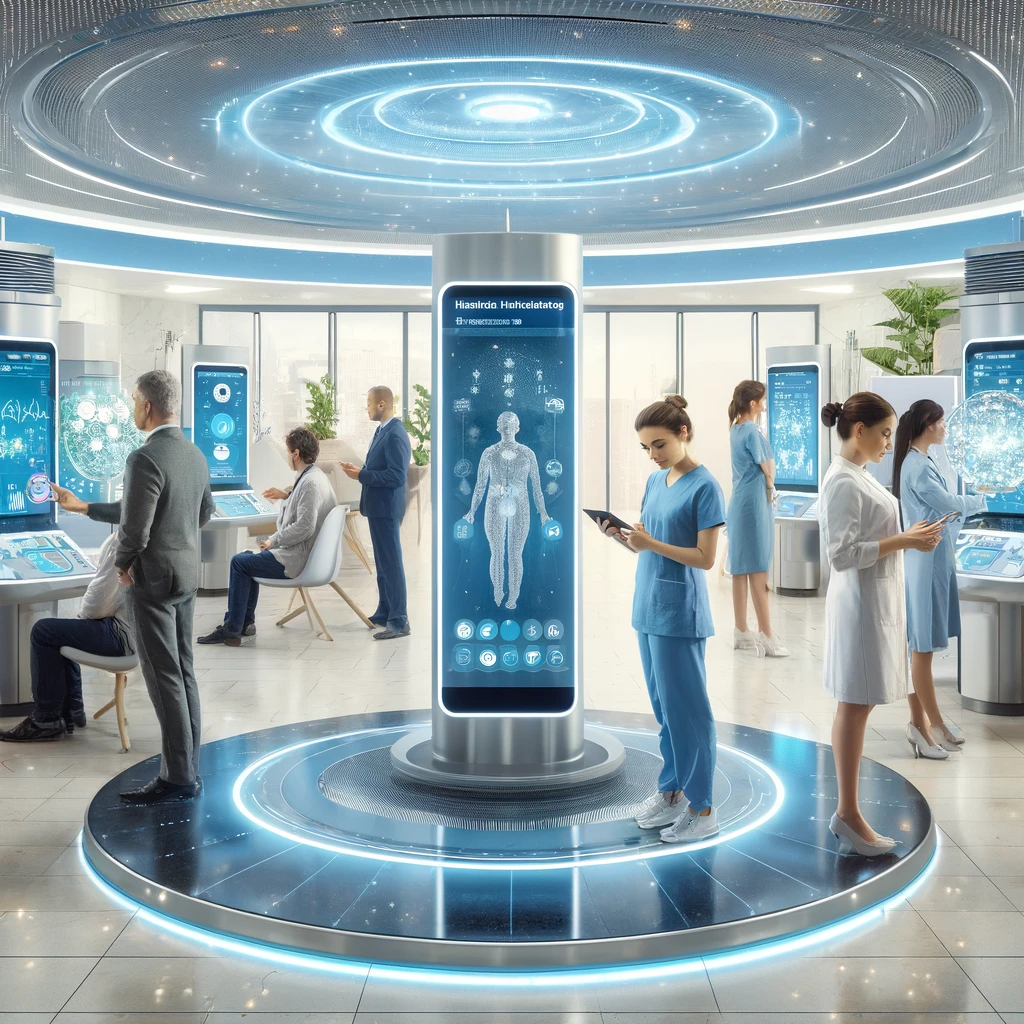Technological transformation: Bridging healthcare access and equity
Improving access is critical to achieving the Quintuple Aim, and using AI to expand care to ameliorate clinician shortages can support equal healthcare opportunities.

The healthcare industry is undergoing a transformative shift, driven by advancements in technology, data and analytics. Of the factors facing healthcare organizations in the quintuple aim, equal access to healthcare for all people has emerged as one of the most serious problems.
The clinician shortage has reached a new level of urgency, forcing increasing wait times for patients. A national survey of U.S. adults found that more than 40 percent have experienced unreasonable wait times, and of those respondents, nearly half gave up seeking an appointment and did not receive care. With an increasing demand for healthcare and not enough clinicians to care for patients, organizations need to find another way.
Technology, especially artificial intelligence (AI), is showing incredible potential to help solve the access challenge, but it must be human by design, maximizing human potential and erasing the friction between people and technology. In fact, Accenture’s 2024 Technology Vision research shows that 93 percent of healthcare executives agree that making technology more human will massively expand the opportunities of every industry.
Organizations must be incredibly intentional in how it's used to maximize human capabilities. Put simply, these tools need to boost clinician productivity and creativity, and enable them to work at the top of their license to ultimately drive better patient outcomes.
The biggest potential for AI – and generative AI in particular, which consists of trained large language models that generate responses to specific natural language questions – is in freeing up clinician resources spent on administrative tasks. Clinicians spend countless hours recording and reviewing medical documents, which can lead to burnout and reduced job satisfaction. AI and technology can alleviate these challenges by not just augmenting, but automating repetitive tasks, streamlining workflows and providing real-time insights. Accenture’s Technology Vision research found that 92 percent of responding healthcare executives agree that the capabilities of AI are expanding, moving from assisting to acting independently.
There are several examples of how technology and AI are already improving access to healthcare by alleviating these administrative tasks of providers. AI-powered clinical decision support systems can analyze patient data and medical literature quickly and accurately. Instead of clinicians spending time manually reading documents as they’ve done in the past, technology tools can process that information and provide evidence-based recommendations, which improves diagnostic accuracy and treatment decisions.
Imaging tools enabled by AI can enhance accuracy and speed in diagnosing conditions, leading to earlier interventions and improved patient outcomes. Virtual collaboration platforms and mobile applications can also enable care teams to communicate and coordinate care more efficiently and reduce administrative work.
Improving access to care
Technology is also playing a crucial role in addressing healthcare disparities by improving access to care in underserved communities. For example, research on health equity shows that programs to strengthen network adequacy standards by a modest 5 percent would give nearly 300,000 additional Black children access to specialty hospitals and drive $912 million in annual Medicaid savings because of reduced avoidable admissions.
Telemedicine and virtual care platforms can bridge geographical barriers, enabling patients in remote areas to access specialized care. AI algorithms can also help identify and address bias in healthcare delivery and help ensure that all patients receive more equitable treatment. Furthermore, technology-enabled health literacy tools can provide educational resources and support, so patients can make better informed decisions about their health.
Improving access to healthcare and enabling clinicians to spend more time caring for patients will create an overall better experience for all. As patients become more open to using technology for their care, clinicians will be further supported by tools like remote monitoring and wearable devices that allow for real-time tracking of patient health metrics and more personalized care plans.
AI-powered chatbots and virtual assistants can also be a source for personalized and timely information, answering patient queries and guiding them through their healthcare journey. Accenture research shows that 93 percent of healthcare executives anticipate a medium to high impact to their organization’s business processes as a result of generative AI chatbots in the next three years.
This may be technology’s biggest inflection point in history. Healthcare services need to be accessible and equitable so that all people may truly benefit from them. The health leaders of today and the future will be those who use technology to deliver high-quality care, while keeping humans at the heart of everything they do.
Rich Birhanzel is Accenture’s global health lead and Kaveh Safavi is a senior managing director in Accenture’s health group.